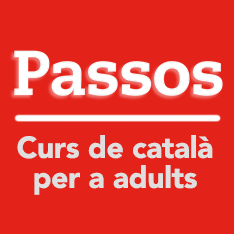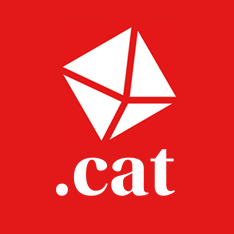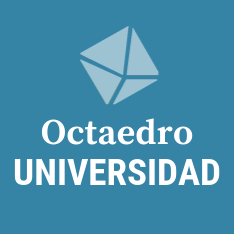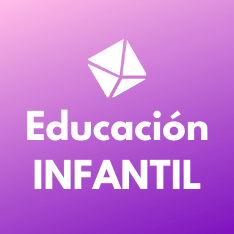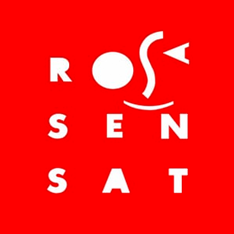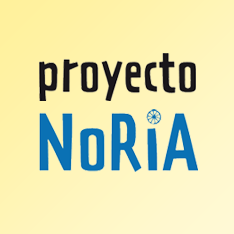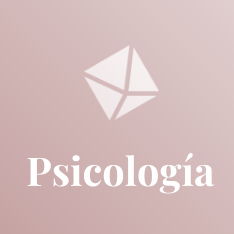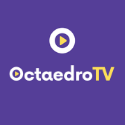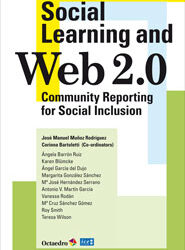Internet, and particularly what we call Web 2.0, has changed the traditional rules of the game of relationships and communication, of the distribution and use of culture, are prompting a revolution in the processes of transmitting and acquiring culture, in the creation and use of spaces and time, as well as the languages of expression and sharing culture and knowledge.
The education, understood as primary processes of learning, of basic life preparation, cannot overlook either the virtual environments where the subject, or the cultural and social model that such environments encourage. The digitalization of information and the use of social networks are the engine that we must use to incorporate persons and social groups in general and, particularly, those who demonstrate more difficulties in social integration –mental patients, immigrants, unemployed, etc. – to the fast lanes of digital society. And it is this stage where the ISABEL project drives its interests, and where the content of this book makes sense and elucidates.
